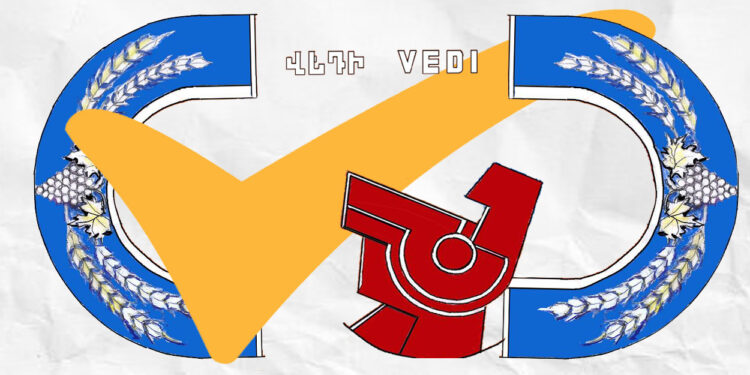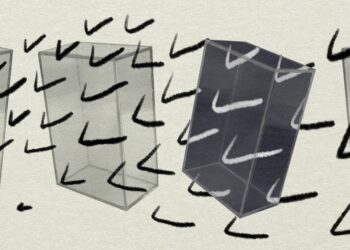Elections
December 5: Armenia’s Most Important Municipal Election
On December 5, 2021, Armenia will be holding the most important municipal election in its 30 years since independence. This municipal race, and the two previous ones earlier in the autumn, serve as a kind of second round to provide greater insight into Armenia’s ever-changing political landscape.
Municipal Elections Bring Prospects of Coalition-Building
Residents in six municipalities across three of Armenia’s regions (Syunik, Tavush and Shirak) went to the polls on October 17, 2021. Municipal elections will continue this fall in several other regions. Harout Manougian explains.
2021 Municipal Elections in Gyumri and Other Cities
Municipal elections will take place in Armenia throughout the fall and serve as an important indicator for the future direction of Armenian politics. Harout Manougian breaks it down.
From National to Municipal Elections
Following the early parliamentary election that saw the Civil Contract hold on to power, upcoming municipal elections will give opposition parties, including those with no seats in parliament, a shot at gaining footholds throughout the country.
Translating the 2021 Election Results Into Seats
Nikol Pashinyan renewed his parliamentary majority through Sunday’s June 20 early parliamentary election and will keep his position as Prime Minister of Armenia. Harout Manougian translates the election results into seats.
Armenia Votes: Live Updates
As Armenian citizens head to the polls to vote in an early parliamentary election today, the country is bracing itself for one of the most unpredictable election outcomes since independence. Live updates from Election Day.
New Poll Casts Electorate as Largely Pessimistic and Undecided
A new poll casts the electorate as largely pessimistic about the candidates and largely undecided. The findings demonstrate that acting PM Nikol Pashinyan’s Civil Contract would win the plurality of the votes but fall short of securing a single-party majority government.
Armenia Votes: Party and Alliance Programs, Education
As Armenian citizens prepare to head to the polls on June 20 in an early parliamentary election, here is how several political parties and alliances of parties envision education in their election programs.
Remedial Secession in the Programs and Statements of the Political Forces Competing in Armenian Elections
After the shocking defeat in the war, the use of the notion of “remedial secession” has not been consistent, neither by the authorities nor by other political forces in Armenia. Sossi Tatikian explains.
Armenia Votes: Party and Alliance Programs, Healthcare
Armenian citizens are heading to the polls on June 20 in an early parliamentary election. Over 20 parties and alliances of parties are running. Here is how some of those political forces envision Armenia’s healthcare.












